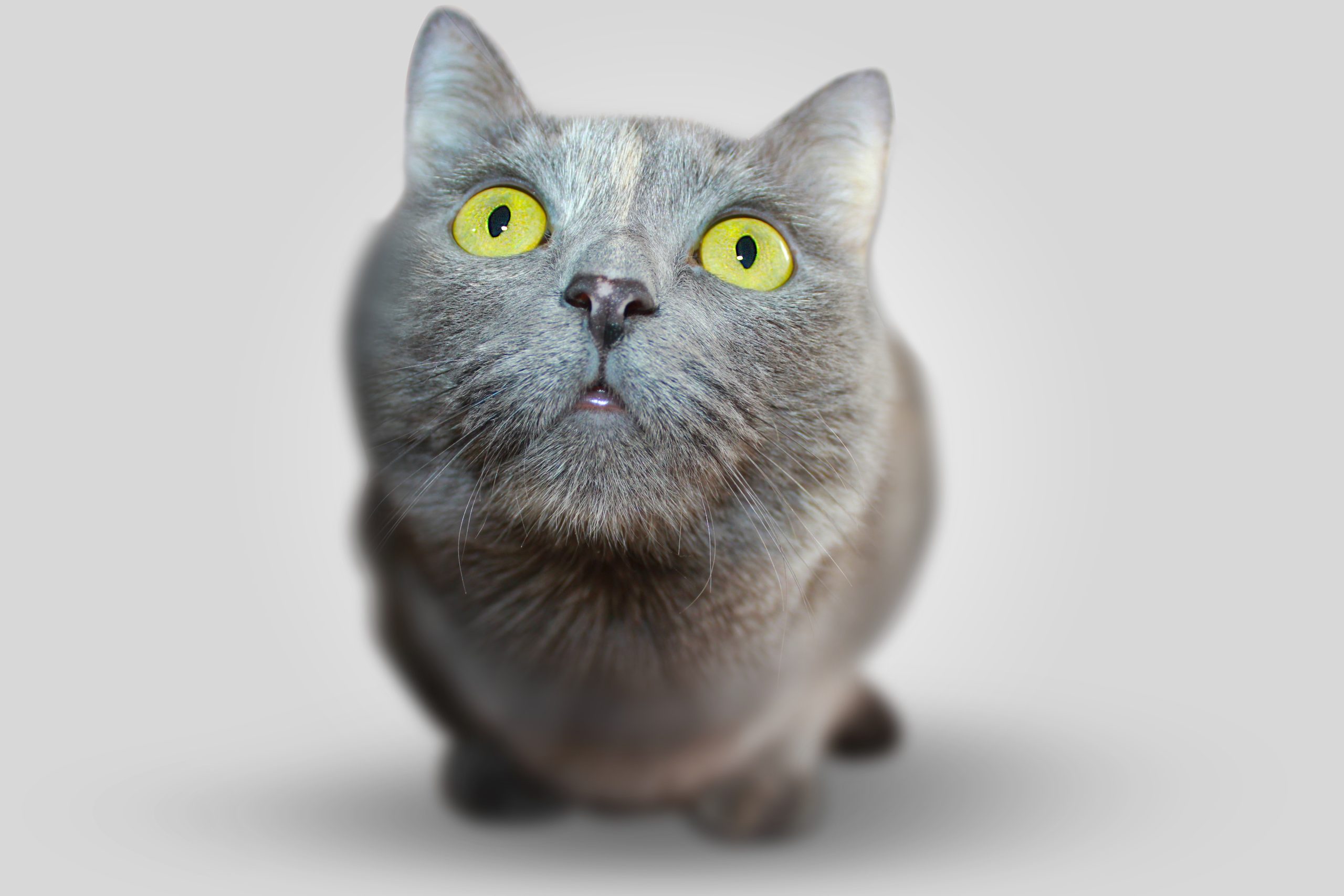Many people have misconceptions about exotic pets. When you have a dog, you ensure they eat well, have access to lots of fresh water, and have plenty of playtimes. Additionally, you make sure to walk them so they can get plenty of exercise frequently. The same guidelines apply to food and water for cats, and you should also ensure they get a lot of attention and have a clean litter box.
This article discusses what you can do to keep your exotic pet happy and healthy and what you should avoid doing to keep your animal friend from visiting the vet in Port Jefferson often.
What should you do when caring for exotic pets?
You do not want them to have access to anything that could be harmful, but keep in mind that they require a certain amount of independence to be happy. As with all other aspects of life, exotic pets need a healthy balance of freedom and structure. Does this not sound similar to having a dog or cat? However, here are the key distinctions.
The enclosure is significant.
Making sure exotic animals have the appropriate enclosure is one of the essential aspects of keeping them as pets. The first step in exotic care is providing the animal with a place to live where it will spend most of its life. If you have a land tortoise and a turtle, their chambers must be separate from one another. The requirements of an Indian ringneck or cockatoo will be different from those of a budgerigar. You can ask professionals from a reputable facility like Jefferson Animal Hospital.
Training yields excellent exotic pets.
Great exotic animals reflect the relationship their owners have with them. Do you provide your student with the best education you can? Similar to other things, exotics go through stages. When trained, they will be young, and then they will be adolescents.
The diet of exotic pets is crucial.
Exotic animals require particular care when it comes to nutrition. One common misconception about birds is that they regularly eat sunflower seeds. They are nothing more than fast food for birds, which is completely untrue. Small amounts of exotic avian animals are acceptable as treats, but if they start to consume them regularly, anticipate frequent veterinary trips.
Consider your options if you are looking for exotic pets that are simple to care for. You should not adopt an animal just because you want one. Consider that sentence very carefully. Let us assume that you genuinely want an animal for company. If so, it should not matter how much attention they need to be satisfied. Nobody should own a snake to have one because snakes are more than just a showy accessory to show off to your friends.
The care of exotic animals is not for the faint of heart. It can be fruitful if you put your all into it and are eager to learn. When your bird is flying around your house happily, having fun, and stopping by to say hello, it can be challenging to put your feelings into words. If you open the enclosure housing your snake, it might climb up your arm. It is an incredible experience.
Dental care is crucial.
Exotic pets require regular dental care to ensure their health and longevity. Dental problems in exotic small mammals and reptiles such as rabbits, guinea pigs, chinchillas, and ferrets can be difficult to detect.
At best, their symptoms are subtle and may not become apparent until their condition has significantly worsened. Dental care should be a regular part of our pets’ lives, just as it is for us. Our pets’ dental needs should be met at the veterinarian’s office at least once a year. Check this link for more information.
Conclusion
Caring for avian and exotic animals can be rewarding and challenging. Make sure you know the animals’ requirements before purchasing them. Exotic animals will require special general care and training, which may even prove difficult for some.





